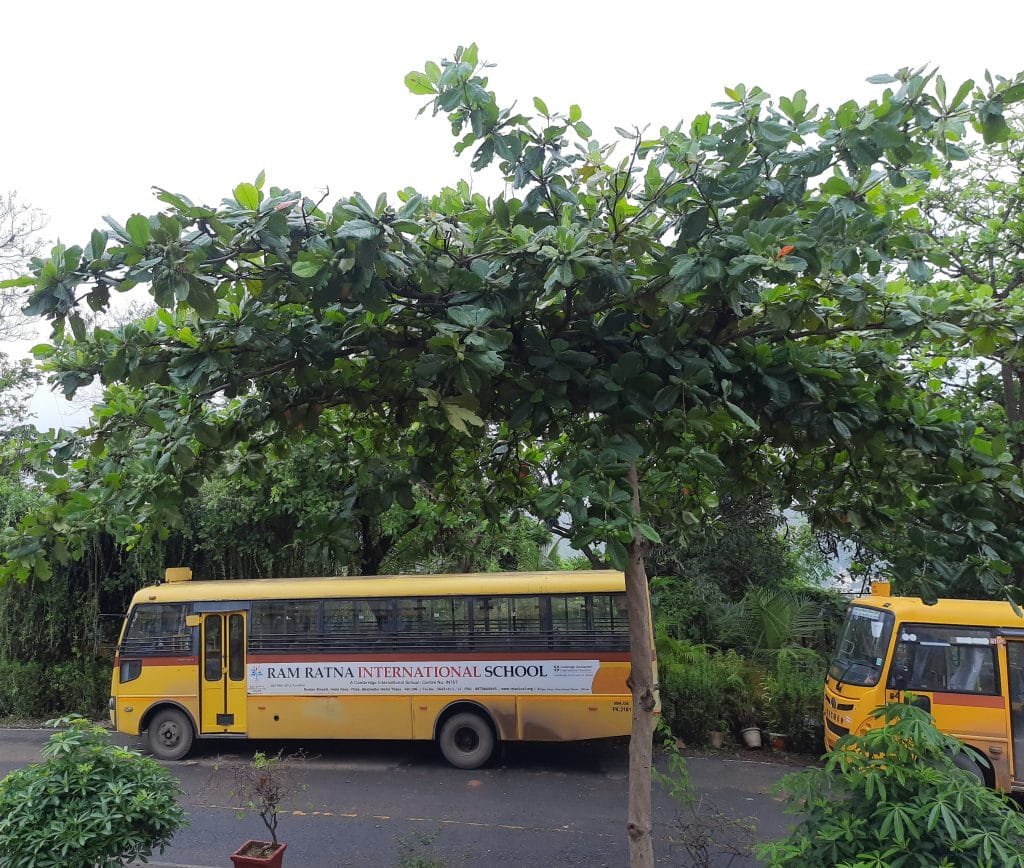
Common Name :- Indian Almond
Botanical Name :- Terminalia catappa
Hindi Name :-Badam
Marathi Name :- Badam
Family :-Combretaceae
Indian Almond (Terminalia catappa), a large tropical tree in the leadwood tree family, Combretaceae, is naturally widespread in the subtropical and tropical zones of the Indian and Pacific Oceans, and is planted widely in many countries as an ornamental tree. Indian almond consists of certain minerals which are very important to human health because they serve as co-factors for many metabolic processes in the body. These fruits contain several minerals and vitamins that perform important functions and add nutritional values which contribute positively to healthy living. Listed below are some of the popular health benefits of Indian almond.
- Almonds are rich in proteins, fibre and nutrients
- Almond trees are the oldest domesticated trees that date back to 3000 to 2000 BC in Jordan
- Almonds reduce your risk of cholesterol
- Almond can regulate blood sugar
- Consuming almonds in excess can cause nausea, diarrhoea, shortness of breath and problems in swallowing etc.
- Almond is not a nut, instead, it is a seed of a fruit
- Almonds can be stored in a refrigerator for 2 years and this is because of their high content of vitamin E
- India considers almonds as major brain food for children
